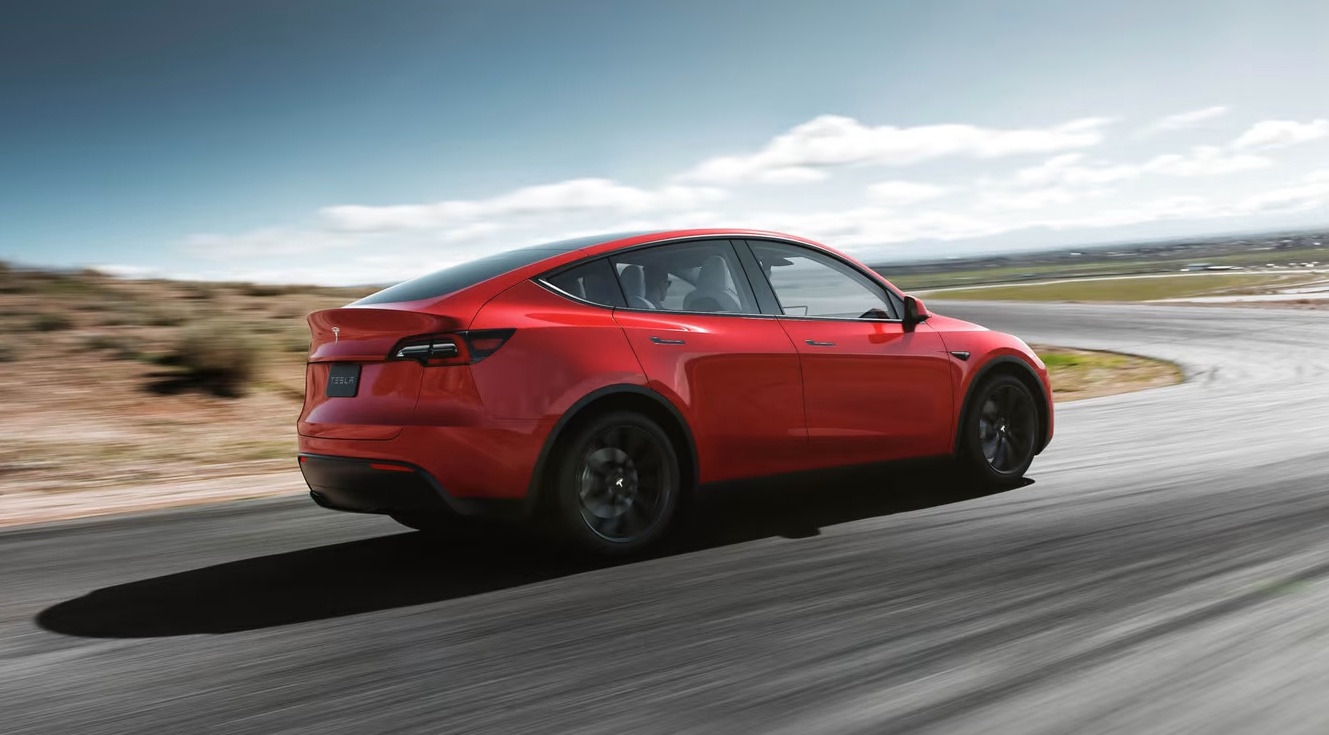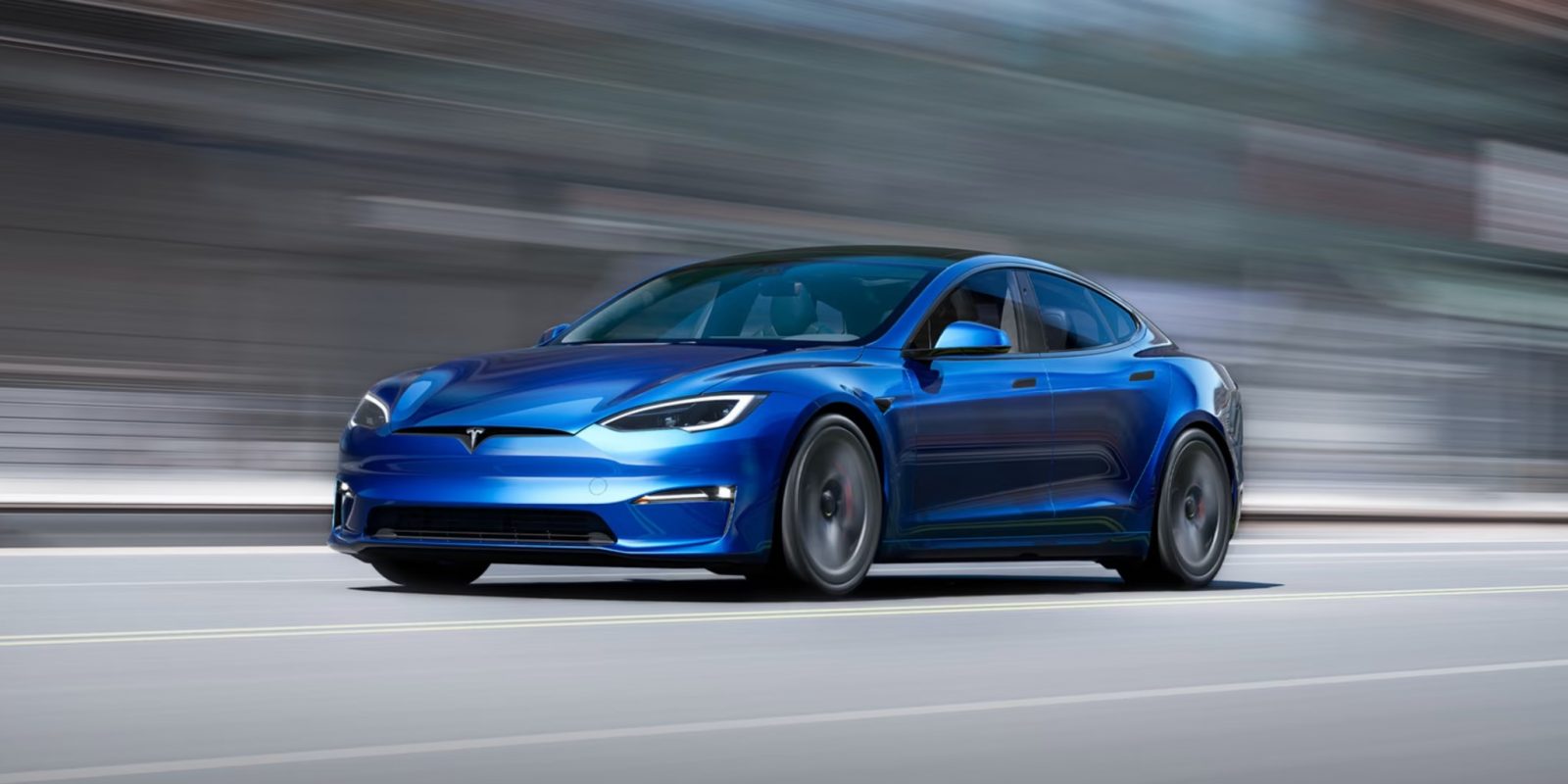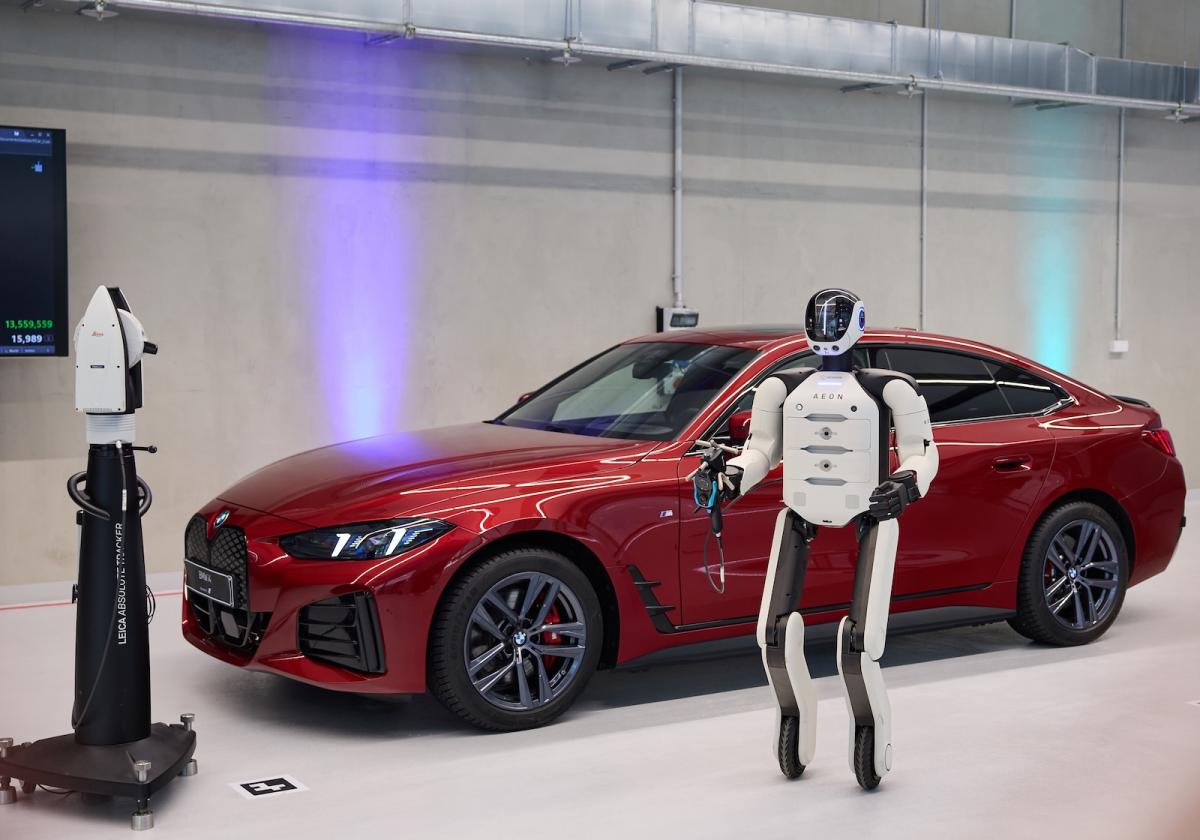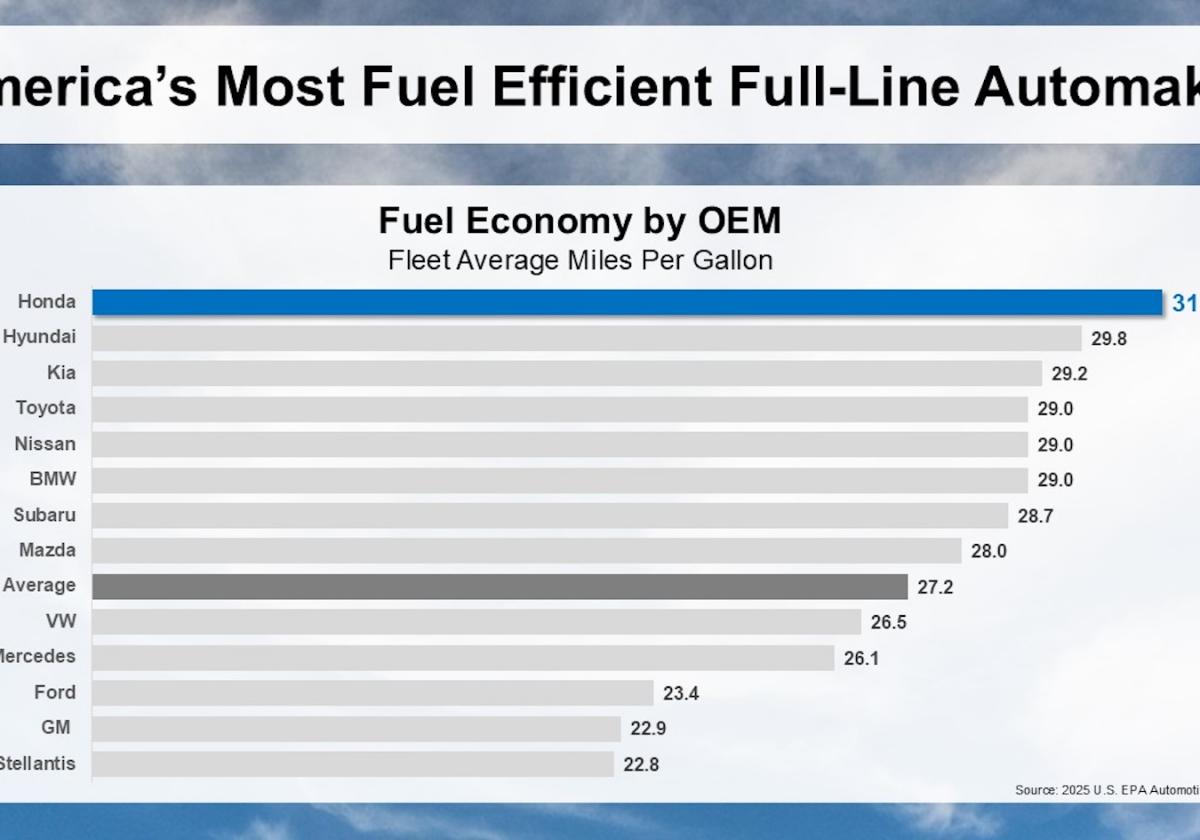Tesla has been pushing the boundaries of price cutting for over 6 months with cars like the Model 3 and Y. Now the world’s biggest-selling EV brand has rolled out cheaper but lower-range versions of its electric Model S sedan and Model X SUV.
So what we have now is a new “standard range” Model S that goes for $78,490 and has up to 320 miles of range—compared to about 400 miles for the more expensive variants. The “standard range” Model X goes for $88,490 and has up to 269 miles of range (compared to about 350).

Those prices are about $10,000 cheaper than what used to be the entry-level variants — but the vehicles still won’t qualify for federal EV tax credits. The price cuts are seen as an effort to revive sales of both models, which have been suffering in comparison to the hot-selling Model 3 and Model Y.
Tesla and other automakers are increasingly entangled in an EV price war—initially instigated by Tesla—as they seek to carve out market share. Ford, for instance, recently slashed the price of its popular F-150 Lightning electric pickup by nearly $10,000.
OUR THOUGHTS
New electric vehicle prices have fallen by around 20% overall in the past year as a growing list of carmakers are lowering prices or offering rebates or cash incentives to try to increase sales. The latest statistics reveal that dealerships are becoming oversupplied with EVs—a twist following a prolonged period when the availability of EVs was limited. As the market shifts, we can expect lower prices for consumers. Increased competition in the EV world is good news for consumers looking to save a buck — but new electrics remain expensive for many punters.







